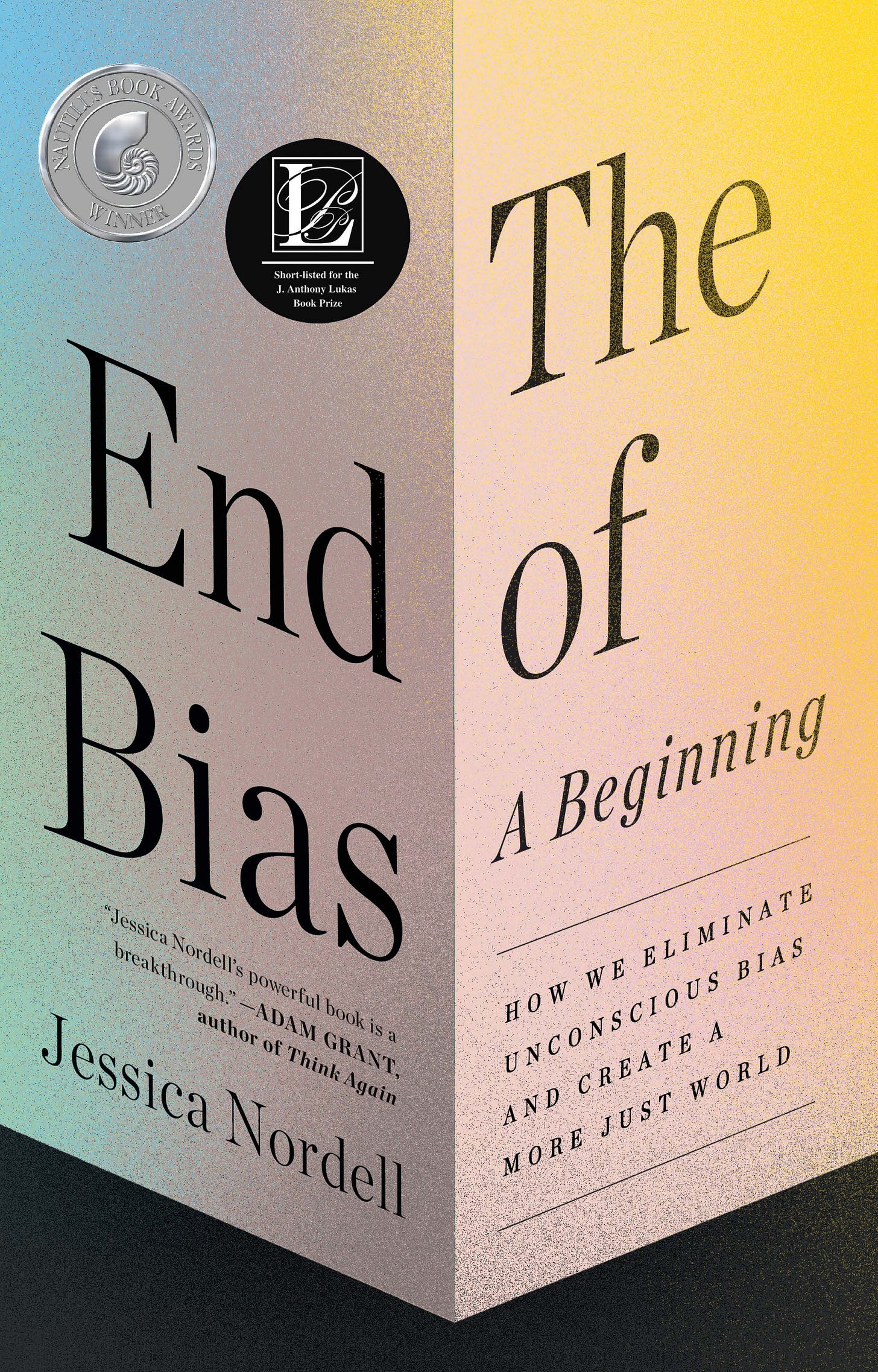While researching her ancestors, journalist Dionne Ford found a photo that took her breath away: it was her great-great-grandmother Tempy Burton alongside the husband and wife who enslaved her, and two of the six children Tempy had with her enslaver. Tempy, Ford learned, later became a landowner and left land to her daughters. Her resilience became a talisman as Ford pursued recovery from addiction and abuse. Here, we talk about Ford’s memoir Go Back and Get It: A Memoir of Race, Inheritance, and Intergenerational Healing and what it means to “repair” our broken histories.
Let's start with the photo. What was the experience like of seeing it?
It was one of disbelief. The photo was mind boggling to me-- Tempy, the Colonel with whom she had children, his wife, and Tempy and the Colonel's children. I was in shock. I sat in my office, trying to figure out what to do. It was the closest I was going to come to a manifestation of her. It was almost chilling, like having conjured her.
During your research, you worked on genealogy together with descendants of Tempy’s enslavers. It became really tricky. Could you describe your encounter with Joel, who’d married into that family?
We were having a mutually advantageous exchange, helping one another. Where it took a turn was the announcement about the lynching.
He mentioned soon after meeting you that one of your relatives had been lynched-- seemingly unaware of how this news might affect you. You describe feeling "like a caught fish, as if someone had sunk a hook into my chest and was pulling."
It got so uncomfortable. What could have helped was more inquisitiveness from him-- posing questions, or asking permission. For instance, there was also a woman who was not a family member but who helped us. She always asked before she presented information. She would say, "I found something out. It's a little bit difficult. Do you think you'd like to know?" I appreciated that because it was up to me. I could say, "I'm not sure right now. Can I get back to you?" I don't even think I realized that was something I needed.
This journey showed me how under many different circumstances people can find personal freedom.
You received support from the group Coming to the Table, which brings together descendants of enslavers and enslaved people. How did they help you navigate those encounters?
The group's focus is connecting descendants, opening up the lines, thinking about restoration and repair. I reached out after I connected with what we call “linked descendants”-- Joel and his wife's family, people connected through slavery. I was starting to experience a lot of discomfort around this relationship, which I also felt was really important.
Meeting people who were descended from enslavers who are trying to do the right thing engendered a sense of compassion in me. I could lead with that, knowing Joel's heart was in the right place. And I still get to do what I need to do for myself.
What should people consider when making those connections?
For descendants of the enslaved, it's good to know that support exists (like Coming to the Table). I went into this thinking, "I know what I'm doing. I'm a journalist! I'm just reaching out to this person for this information." I wasn't thinking about how we were connected in this way, and all the ways that that could get really tricky. It's important for descendants of enslavers to consider how, or if, they will approach descendants of the enslaved. Consider that descendants of enslaved people might not be interested in engaging with you for a variety of reasons. Be conscientious and considerate when reaching out to them.
You write candidly about your childhood sexual abuse within your own family. This is almost never talked about. What gave you the courage to write about it in your book?
I really was not intending to write about that. When I set out to write about this book, I was looking at it through the lens of raising biracial children. I was thinking about the experience of meeting and falling in love with someone who is White— such a different power dynamic than what my great-great-grandmother would have experienced. I was looking at my biracial family now versus the biracial family I came to be through.
But the more I continued my research, the more I sat with myself, what I really needed to write about was sexual trauma— which is connected to the biracial family I came from. Many people who are descended from enslaved people come from that same kind of sexual trauma.
I felt, I just have to write about the thing that my heart is saying I need to write about. It wasn't really necessarily courage, it was more just a must. I couldn't get away from it.
That's what this book was ultimately about-- personal authenticity.
Sometimes our subjects find us, even though we don't necessarily want write about them. They come after us.
I think that's absolutely right. In our society, this is not abated because we are squeamish about talking about it. Therefore it continues. I would be falling prey to the same dynamic I didn't talk about it because people don't want to hear it.
It's a last taboo.
When I started this book, no one was talking about slavery. It's taken me so long that now everybody's talking about slavery. Childhood sexual abuse is the thing we're not really talking about. Even though in the many years that I had been in recovery, many, many of my friends had experienced the same thing-- men and women.
How do you see these as connected-- childhood sexual abuse and the history of slavery?
I see a connection between the way people are used. If we could be more open about how our country was built on the systemic rape of Black women, maybe we could then also have this other conversation about using people's bodies.
I certainly know many, many people this has happened to. If there could be more openness about that, maybe the tide could turn to prevention, so we wouldn't have to keep talking about it once it's already happened.
There's a thread in our culture of using another person as an instrument--seeing another as an instrument for one's own goals.
Yes. It's very commodity related. A whole culture of people was seen as just for other people's use. That continues in our culture.
Sometimes I'm shocked at how much it's permeated me. I'm thinking about how transactional my exchanges are. I don't want that to be the case. It's been on my mind a lot-- how I relate to people, how I want it to be. Could I put aside what I'm going to get out of this, or what I need to give them, and just interact from a more authentic place?
Instead of just always doing commerce with each other.
Yes.
It's a spiritual question, right? Who are we to each other? What are we here for in relationship? Is it just get things from each other and see how others can help us get to our own personal goal?
It's something I think about a lot.
I'm interested in the idea of reconciliation or reparation-- with abusers and with our country's abuses. Do you think reconciliation with an abuser is possible?
I like the word reparation. The root is repair. Repair can happen without necessarily needing to be some continued relationship. That's not always necessary or a good idea.
I feel like I've achieved a sense of reparation for myself. I don't have much of a relationship with my abuser. I do feel a strong sense of being a part of my family.
What allowed you to achieve that feeling of repair?
Doing this work on this book, to be honest. Considering how people can live within oppressive systems-- whether those systems are societal or familial-- and still find personal autonomy. That's what my great-great-grandmother did. She lived half of her life under enslavement and had children with an enslaver, tying her forever to an abusive familial system. She found ways to be autonomous within that. This journey showed me how under many different circumstances people can find personal freedom.
How might we achieve reparations for slavery in this country?
First, allowing people to do the deep dive to see what reparations look like across communities-- financing studies so towns and states can do that work. Acknowledging that a harm occurred and now it's way past time to study the harm so that we can make proper restitution. While there might be restitution at a federal level, there are also repairs that need to happen at a community level, which may look different. A town in New Jersey might have experienced this harm in a different way than a town in Mississippi.
I hear you saying we don't even really know what reparations would look like, because we haven't done the deep research to find out what would be meaningful to people.
Exactly. And also making room for how complex it will be. Black immigrants, are they a part of this? There are many Black people here whose families immigrated here after slavery was over. Are you also talking about the harm that has come from the legacy of slavery? These are all questions that have to be considered.
I was really struck by your references to Paul Laurence Dunbar's famous poem “We Wear the Mask.” It starts, “We wear the mask that grins and lies.” What does that poem mean to you?
He sums up the experience of being a Black person in this country. That poem was written 150 years ago. It was so affirming to be seen, and also disheartening that something he was talking about so long ago is still the case. It's something that I return to because it's just so true.
Has your relationship to the poem, or the mask, changed?
I have tried to lean into what's authentic for me. I have definitely been more intentional about moving towards integrity. I've been excited to see that in young people as well-- they put our culture on point by saying, "We're not doing this anymore."
This book is a deep engagement with authenticity— with all of you.
Thank you for saying that. I think that is the truth. Coming back to your question about getting the courage to write, that's why I had to go there. That's what this book was ultimately about-- personal authenticity.
I’ve been thinking about this too— what happens when we claim our past. Perhaps naming and claiming all of our past is how we move toward greater authenticity. They go together.
Yes. I think they really do. I think that's recovery.
Have you reclaimed parts of your past? What does recovery mean to you? I’d love to hear your thoughts in the comments below.
This newsletter is free, but if you’d like to support my work, please forward to a friend or two you think might appreciate it. Or nab a copy of The End of Bias: A Beginning, about how people and cultures become more fair, just, and humane.






